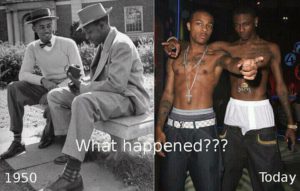Katie Moss,
Winchester, VA
I own a t-shirt that lists famous African American leaders on it in bold white lettering from Harriet Tubman to Ibram X. Kendi. I recently wore it while marching at a Black Lives Matter event in my local town in response to the horrific killings of unarmed black people at the hands of police. I remember feeling good about myself, good about the moment I was in marching alongside other black, brown, and white bodies, like I belonged too. I found myself assuring my naive race conscience that by showing up in this woke t-shirt, I was a “good” white person. I wasn’t like the others. I belonged here, too. Marching while singing along to the African American Spirituals as if the lyrics resonated with me, as if my own white hardships could understand, felt like the right thing to do. Later that day as I was walking to my car to go home, this rush of ironic guilt came over me. I thought I was doing the right thing when it came to taking a stand against police and supporting black lives. Yet, I had made this experience about me, and my inevitable contributions to the corporate whitewashing made my solidarity disappear.
Examining my own prejudices and privilege every day has forced me to remember that just by showing up to this conversation about race as a white person, doesn’t mean I am truly marching in solidarity. The choices I make every day, the racist remarks I speak out against, the bigger issues I stand for that make equitable differences are the actions that show that I believe Black Lives Matter. I do stand in solidarity for a better world for them to live in, like me.





